Articles
Manufacturing

Big Brands Push Back: Costco, Revlon, Kawasaki and Others Sue for Tariff Refunds
By Amy Roach | December 4, 2025 A growing number of major importers that includes everyone from retailers to auto suppliers have taken the rare step of suing the U.S. government to preserve their right to reclaim tariffs paid under the controversial trade measures introduced by the Trump administration. Lawsuits Surge as Businesses Race to […]
Read More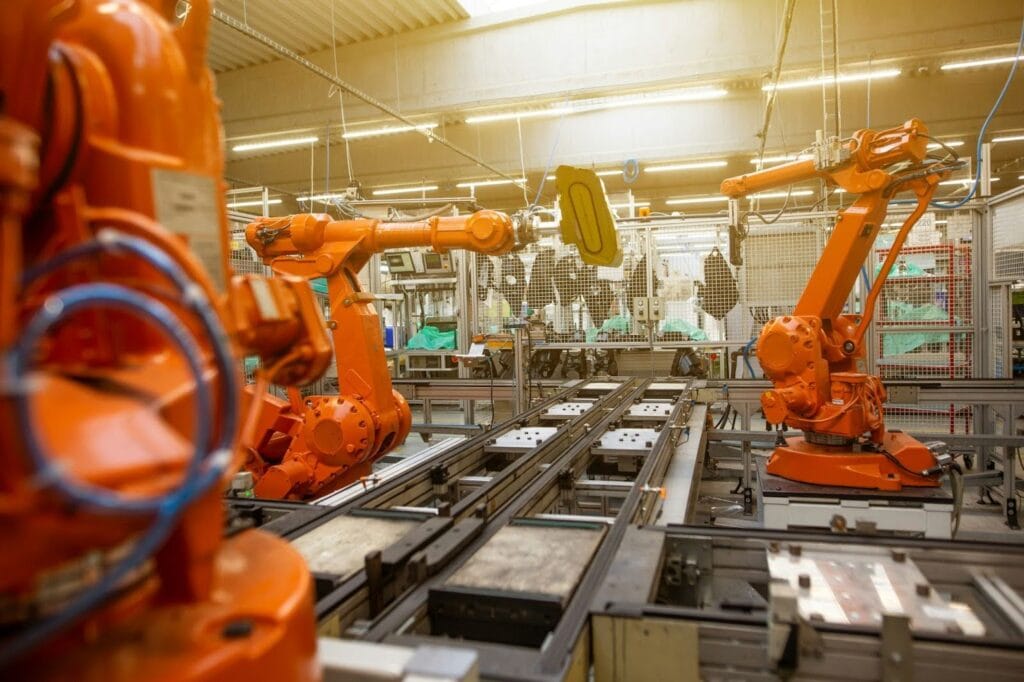
Somewhere Henry Ford is Smiling
Henry Ford revolutionized car manufacturing by inventing the moving assembly line. Besides saving time and money, that new process made the Model T affordable and ubiquitous. Today, thousands of vehicle plants around the world still use that method. Using Ford’s method, modern vehicle assembly lines are a moving and sequential process where a car’s frame—called […]
Read More
Pedal to the Metal: General Motors Orders Suppliers to Exit China Supply Chains
As U.S.–China tensions escalate, General Motors is steering its suppliers toward a full exit from China by 2027.
Read More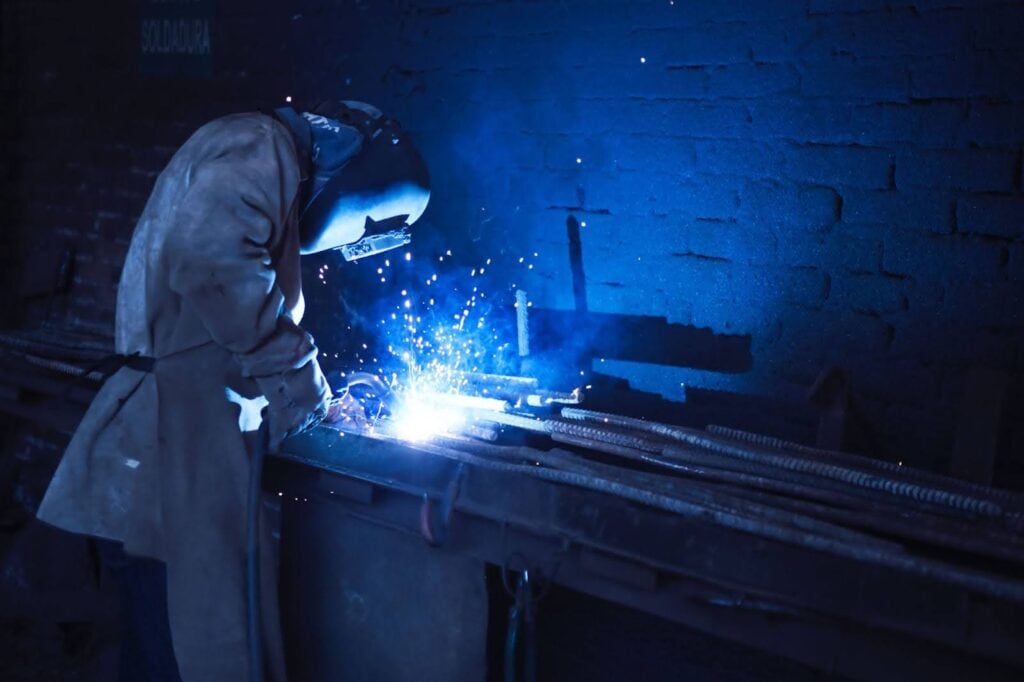
Shining a Light on Dark Factories
A manufacturing revolution is underway in factories around the world. “Lights-out” manufacturing is finally being realized in a few highly automated and roboticized locations. This dramatic shift—also known as the “dark factory”—is the ultimate objective of industrial automation: a factory so automated that it requires little or no human presence. Humans need the lights, machines […]
Read More
Sharpie Rewrites Supply Chain Strategy
Redrawing production lines and highlighting worker retention, Sharpie maker Newell Brands got ahead of tariff uncertainty and supply chain complexity.
Read More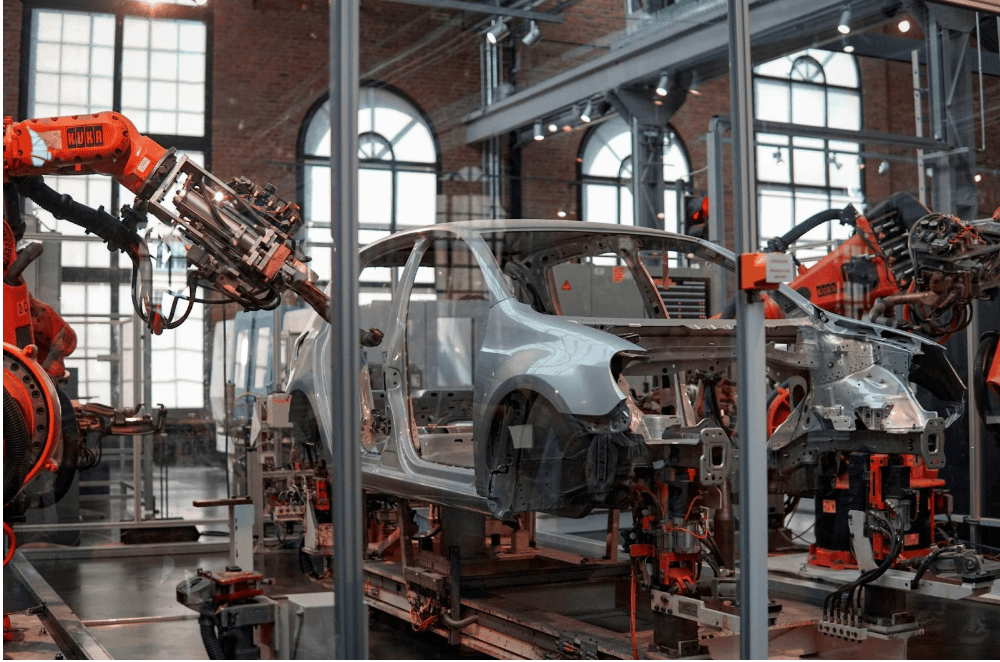
Just in Case (JIC) Manufacturing: What It Is, Benefits, and Drawbacks
JIC manufacturing focuses on keeping extra stock to prepare for unexpected changes in customer demand or supplier delays. This inventory strategy aims to avoid production delays and ensure smooth manufacturing processes by holding more raw materials and finished goods than usual. Companies rely on just-in-case inventory to protect against supply chain disruptions and maintain supply […]
Read More
New U.S. Tariffs on Heavy Trucks and Pharmaceuticals Test Global Supply Chains
The latest U.S. tariff package targets imported heavy trucks and branded drugs, creating new challenges—and potential opportunities—for manufacturers, fleets, and global supply chains.
Read More
Supply Chain Reset: 7 Trends Remaking Manufacturing
Through reshoring, retooling, and redefining resilience, manufacturers are embracing a new normal shaped by volatility, vision, and the drive to stay ahead.
Read More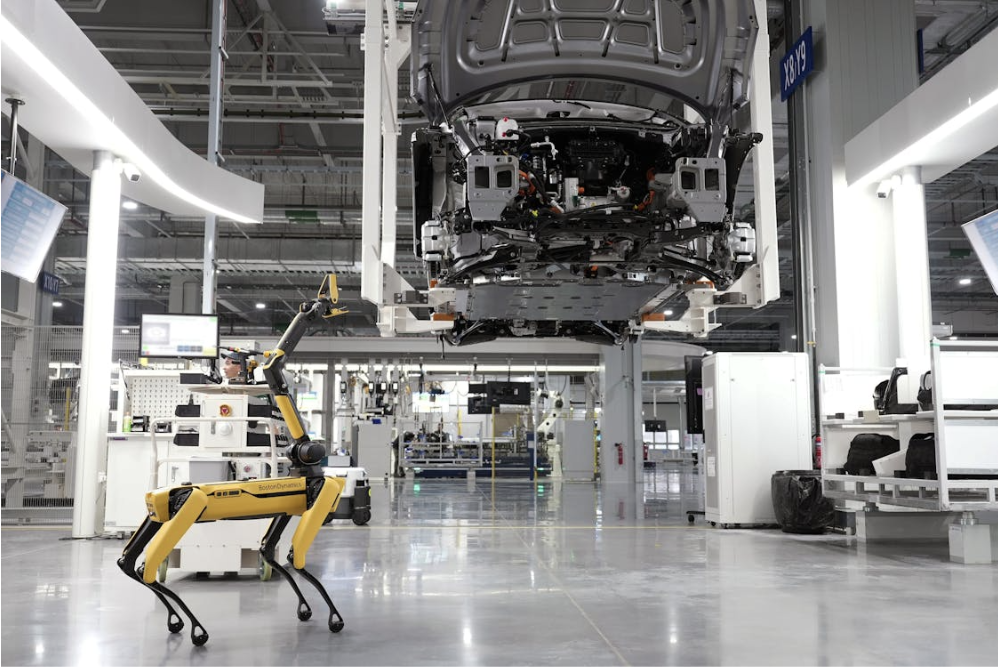
IoT Manufacturing: Components, Benefits, and Challenges
Factories are no longer just metal, noise, and manpower. Smart machines now collect data, talk to each other, and help manufacturers make faster, better decisions. Welcome to the age of IoT manufacturing, where efficiency and insight come from connected technology. Across the manufacturing industry, companies use IoT devices and smart sensors to track machines, boost […]
Read More
Karla Trotman: Wired to Reshape Manufacturing
From cutting wires for quarters to leading a multi-million-dollar electronics company, Karla Trotman says legacy, grit, and humility power her approach to business, family, and the future of American manufacturing.
Read More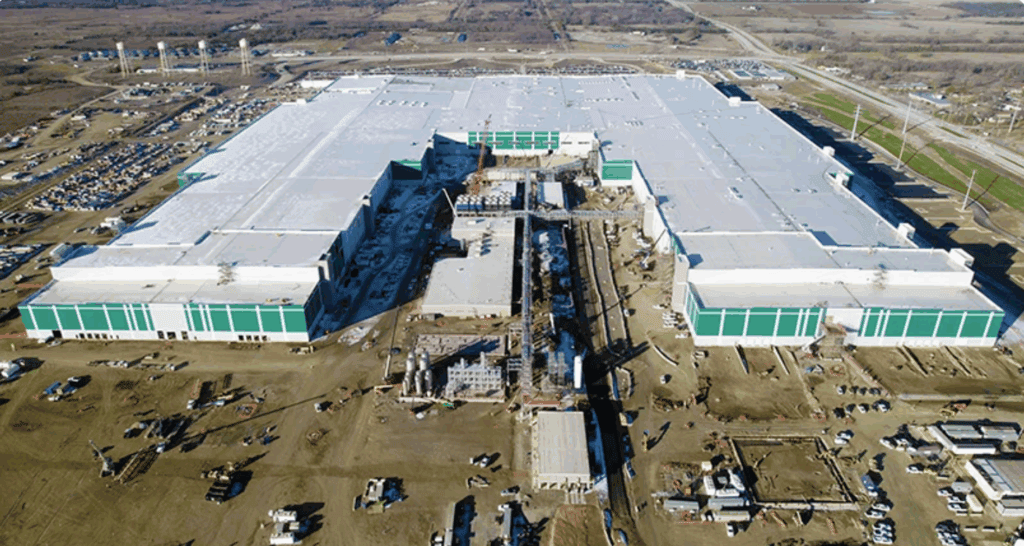
Panasonic’s $4 Billion Battery Factory Set to Transform U.S. EV Supply Chain
This state-of-the-art facility will ramp up domestic EV battery production, helping reduce reliance on overseas suppliers and supporting faster, more sustainable vehicle manufacturing.
Read More
Warehouse Vs. Factory: Purposes and Types of Each
Warehouses and factories, each integral to supply chains and manufacturing, serve distinct yet complementary functions. To optimize logistics, warehouses focus on efficient storage and distribution centers, often situated near key transport routes. Factory features, such as upgraded interiors, modern amenities, and attractive locations, cater to prospective tenants’ lifestyles. Warehouses and factories are vital components […]
Read More
Takt Time: Origins, What It Is, and Formula
Takt time is a crucial concept in manufacturing. It defines the pace at which products must be completed in the manufacturing process to meet customer demand efficiently. The word takt, which comes from the German word “takt,” means “rhythm. “ Takt time represents the harmony between production and demand, ensuring that each product aligns perfectly […]
Read More
What is MRP? History, Definition, and How it Works
Running a manufacturing process without an organized system often leads to chaos—too many raw materials or not enough to meet customer demand. That’s where material requirements planning (MRP) comes in. So, what is MRP? It’s a planning system that helps production managers calculate the materials needed, schedule production efficiently, and balance inventory levels with actual […]
Read More
Essential Guide to Quality Control in Manufacturing Best Practices
Discover essential best practices for quality control in manufacturing to enhance efficiency and reduce errors. Read the article for practical insights.
Read More
Why We Need Advanced Manufacturing
What I learned over 40 years in manufacturing is that innovation and manufacturing are intertwined. Brilliant scientists and engineers invented some of the world’s most innovative and impactful products, and many of them need to be manufactured on innovative processes.
Read More
5 Types of Quality Management Systems Explained
Different types of quality management systems, such as Total Quality Management, Six Sigma, and ISO standards, play a vital role in helping businesses achieve operational excellence and meet industry standards. Implementing quality systems enhances quality control, and promotes continuous improvement.
Read More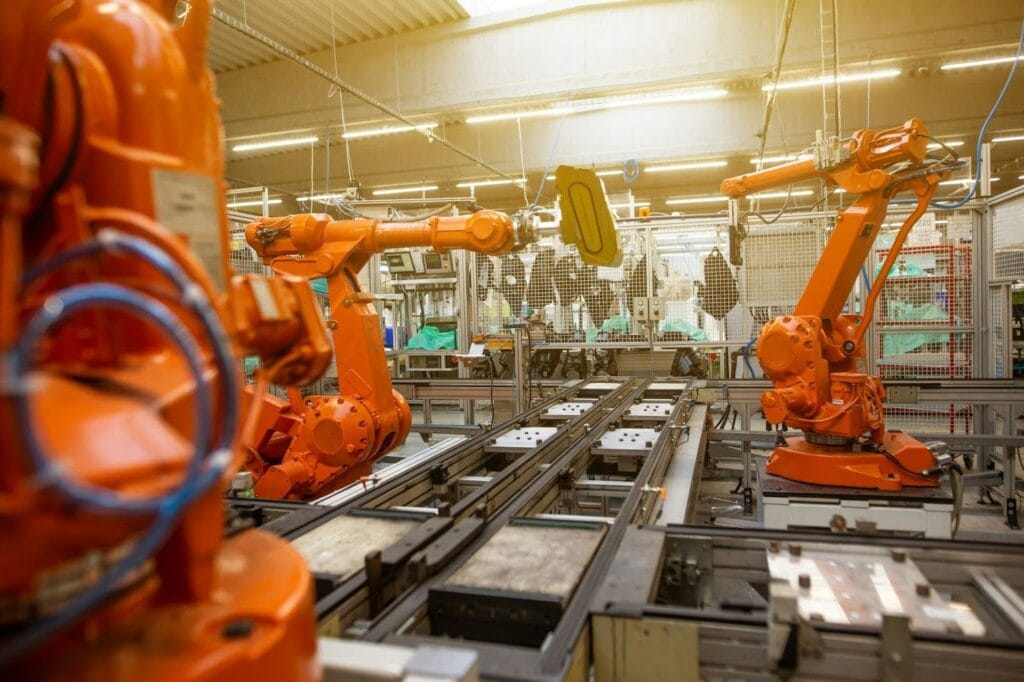
9 Types of Manufacturing Processes Every Business Should Know
Businesses rely on different types of manufacturing processes to create products, and each method serves a specific purpose. From turning raw materials into finished goods to producing at scale, manufacturing plays a critical role in meeting consumer demand across various industries. These manufacturing techniques vary based on the nature of the product, required output, and […]
Read More
Just-in-Case vs Just-in-Time: Understanding the Differences
Inventory management systems are pivotal in commercial shipping and logistics. They influence a company’s ability to meet customer demand and manage costs effectively. Businesses today often choose between just-in-case (JIC) and just-in-time (JIT) systems, two distinct strategies that cater to different operational needs. JIC focuses on maintaining higher inventory levels as a safety net against […]
Read More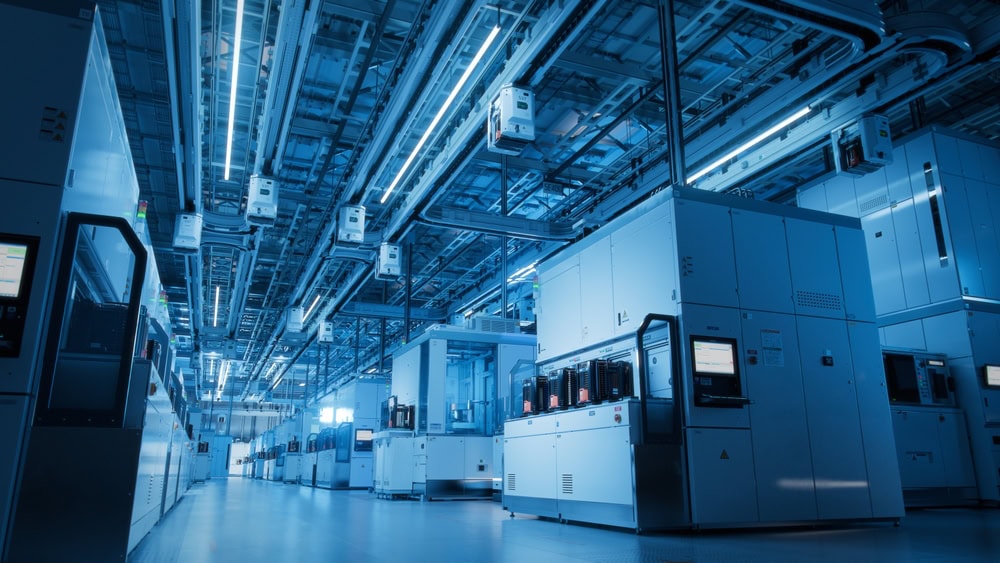
Manufacturing Overhead: Definition, Cost Types, and Management
Manufacturing overhead includes all the indirect costs associated with the manufacturing process, which are not directly tied to producing a specific product. By grasping the concept of MOH, businesses can achieve more accurate cost assessments and better financial management. This article will give a detailed overview of manufacturing overhead, its parts, and how it affects […]
Read More